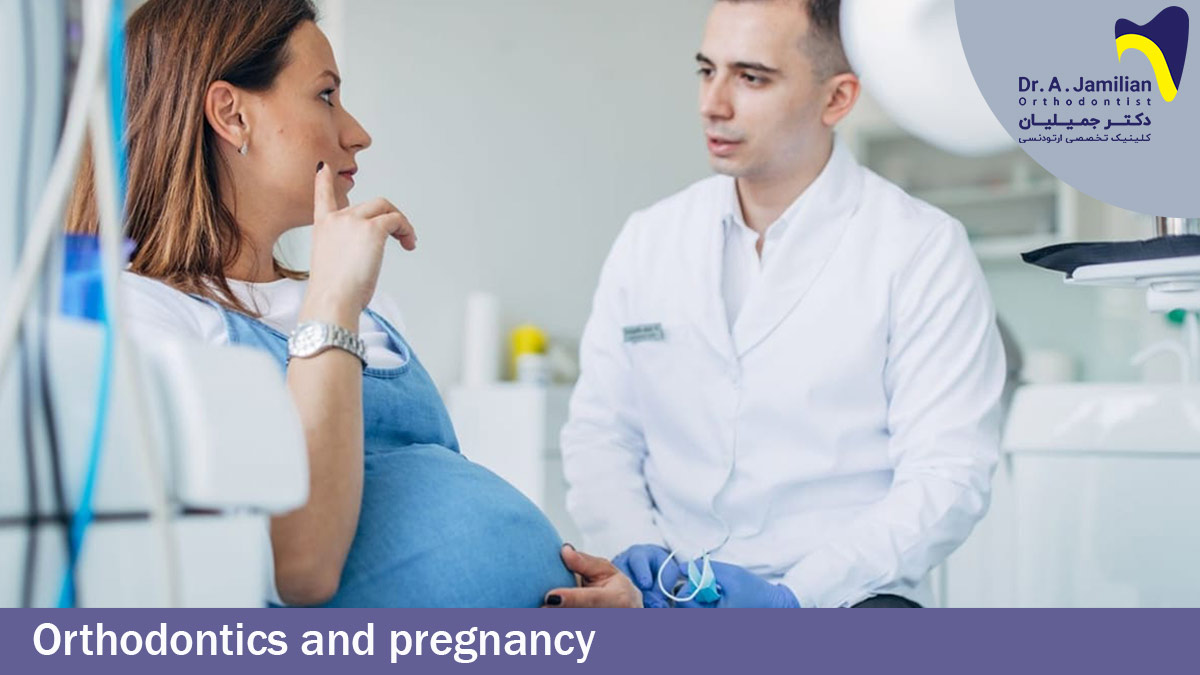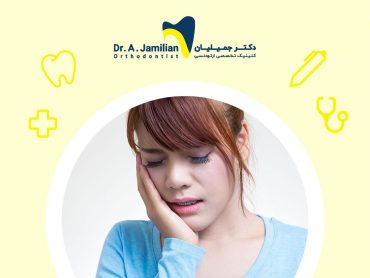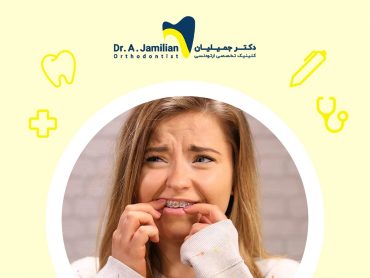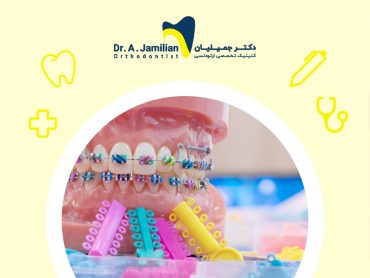It’s no doubt orthodontics has been a leading industry, but it comes with many concerns. The potential interference of pregnancy with orthodontic treatments is one of the main concerns for women in childbearing. They often wonder whether orthodontic treatments during pregnancy are possible or harmful. Stay with us and read this article from Dr. Jamilian’s website if you want to undergo orthodontic treatments during pregnancy.
Remember that orthodontic treatments can improve your smile, dental health and affect your face more positively than any cosmetic procedure. Consequently, visit a qualified orthodontist to receive these treatments, regardless of whether you are pregnant or not. An experienced orthodontist employs removable and fixed orthodontic appliances to guarantee the beauty of your teeth.
Examinations before orthodontic treatments for pregnant women
Pregnant women must have a thorough medical and dental history taken, just like in any other medical or dental practice. A pregnant person must consult a gynecologist if there is any medical issue. The patient’s medication history is crucial because certain medications can affect orthodontic movements and the oral cavity. For example, non-steroidal anti-inflammatory drugs (NSAIDs), such as ibuprofen, may restrict tooth movements during orthodontic treatments. Moreover, any previous medical conditions, including diabetes or potential issues from a previous pregnancy, should be considered before any orthodontic treatment.

Starting orthodontic treatments before pregnancy
The case where you apply for orthodontic treatments before pregnancy, but get pregnant during the treatment is possible. In such a case, most of them become anxious, unsure of whether to continue the treatment under special circumstances or stop it due to the fear of possible interference of orthodontic treatments with pregnancy. To answer this question, we can state that while undergoing orthodontic treatments during pregnancy is not always prohibited, it is important to consult a specialist and an orthodontist depending on the patient’s physical and health conditions.
Starting orthodontic treatments during pregnancy
If you desire to undergo an orthodontic treatment during pregnancy, you are recommended to wait until the end of the breastfeeding period; however, there is no prohibition in this regard and you can take advantage of orthodontic treatments during your pregnancy if you observe some points and considerations as follows:
- Since pregnancy may cause gingivitis and periodontitis, you should take oral and dental hygiene practices more seriously.
- Hormonal changes during pregnancy will affect the movement of the human teeth; therefore, you should regularly visit a dentist or orthodontist to examine your dental health status.
- Begin abandoning unhealthy eating habits or control the desire for those foods during pregnancy.
- Since some supplements and medicines during pregnancy may cause problems for orthodontic appliances, it is recommended to consult your physician before taking them.
- Pregnant women undergoing orthodontic treatments should not be prescribed to take non-steroidal painkillers.
- Set appointments to visit your orthodontist at short intervals to control the outcomes of the orthodontic treatment regularly.
- Finally, do not take dental radiography at all during pregnancy.
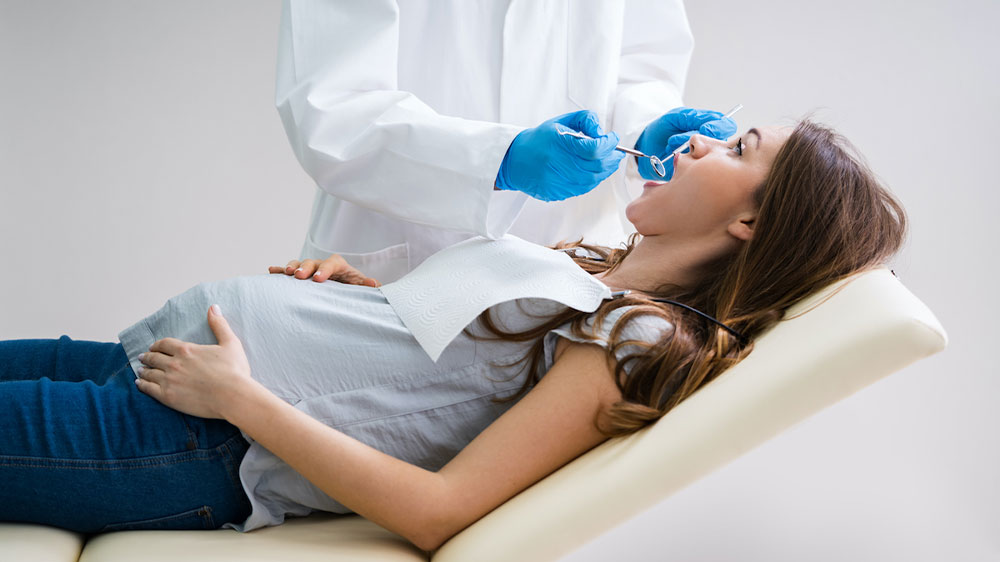
Challenges of orthodontic treatments during pregnancy
Orthodontic treatments during pregnancy may cause other problems. For instance, hyperplasia or enlargement of gums is a common condition during pregnancy. Several known systemic and local factors may cause hyperplasia, the most important of which is hormonal changes. Orthodontic brackets are not the only cause of gingivitis; pregnancy and poor dental hygiene during this period can result in severe gingivitis and possibly exacerbate periodontal disease.
If a woman practices poor oral hygiene and suffers from gingivitis, it is commonly advisable to wait until the end of pregnancy to begin orthodontic treatments. This is because orthodontic brackets may pave the way for the accumulation of microbial plaques in the oral cavity and lead to oral inflammation. If you practice good oral and dental hygiene, you benefit from orthodontic treatments during pregnancy without worrying about their possible interference with pregnancy.
Orthodontic treatments during pregnancy FAQ
No, orthodontic treatments during pregnancy cause no problems; however, pregnant women should consult their gynecologist alongside an orthodontist before undergoing these treatments with any concerns or thoughts. Nevertheless, if a pregnant woman neglects good oral hygiene and care of orthodontic brackets, she may face problems such as gingivitis, loose teeth, and severe nausea.
Yes, orthodontic treatments do not interfere with childbirth; so you can have a natural delivery or cesarean section while using orthodontic brackets.
The type of orthodontic treatment that pregnant women can undergo depends on their oral and dental health status. For example, there is no prohibition for the use of fixed metal appliances, which includes all varieties of ceramic brackets, Damon, etc., based on the patient’s condition. Furthermore, removable orthodontic appliances are an ideal option for pregnant women.
No, orthodontic brackets or braces cause no negative effects on fetal health.
